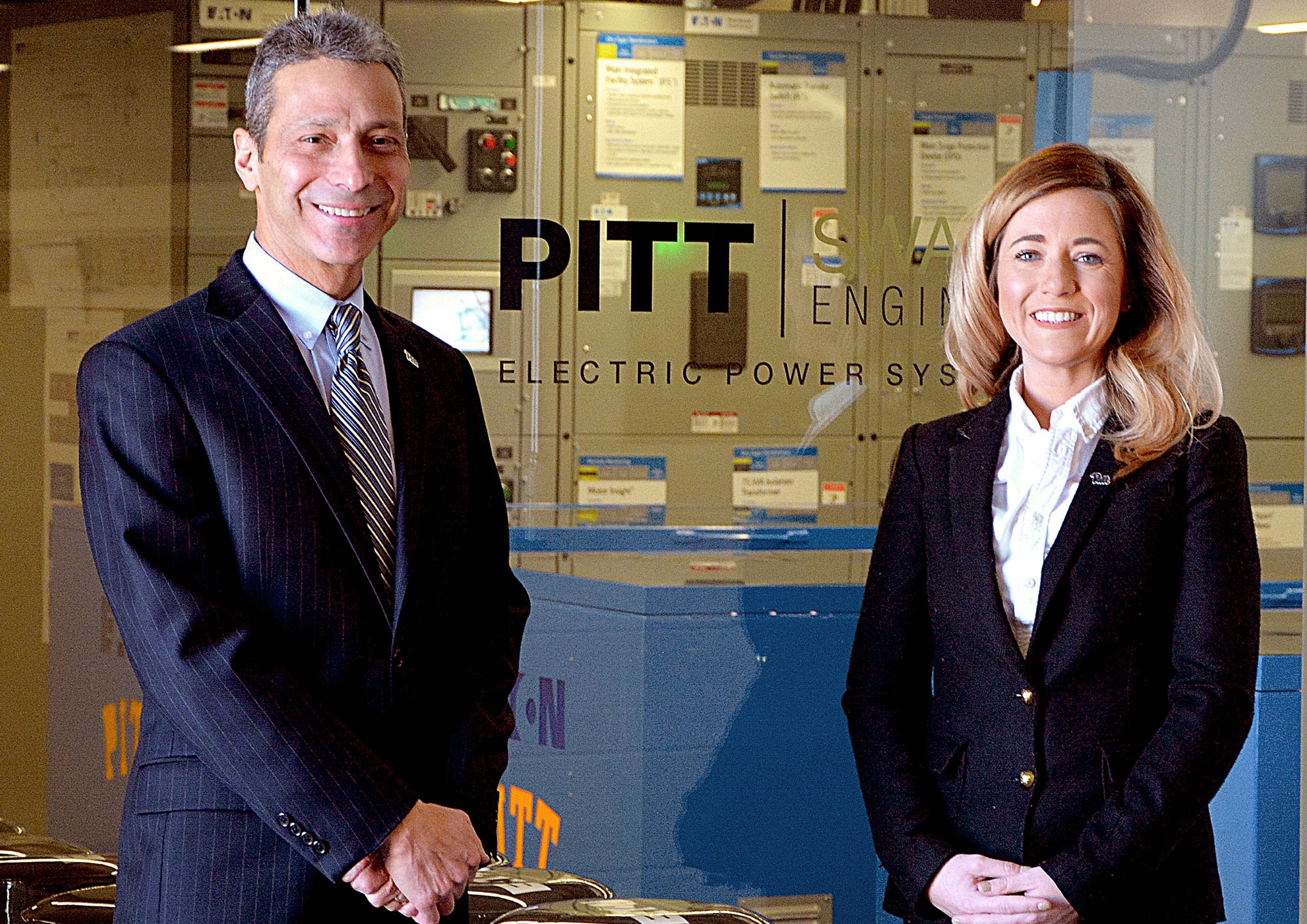Pittsburgh Steels Up for Microgrid Leadership
Pittsburgh aspires to be a global leader in envisioning and deploying a cutting edge grid of microgrids.
Reposted from Energy Times. View article here.
Beginning in 2015, the University of Pittsburgh’s Energy GRID Institute took the lead on defining the concept, and anchoring the research and development, for the city of Pittsburgh’s “District Energy Initiative: The Grid of Microgrids.”
The
early work related to this concept has thus far centered on collaborating with the city, the U.S. Department of Energy, industry participants, and community partners to better understand how energy is produced, delivered, and consumed within the city
and the broader region.
At the same time, Pitt’s technical research in electric power systems and technologies have focused on better understanding the operational, financial, and technical impacts of new energy systems designs – including
microgrids – through applied demonstrations with community partners, while also analyzing the environmental, social, and economic aspects of these new demonstrations.
The concept for a Grid of Microgrids brings together the strong value propositions
of both independent energy eco-systems in harmony with a larger integrated energy network. To-date, there are four major projects underway in which the GRID Institute is participating.
They include an analysis for an energy baseline report
as part of Pittsburgh’s Climate Action Plan 3.0, along with a broad energy planning analysis and strategy development for the broader Commonwealth of Pennsylvania; the development and successful implementation of a world-class test bed for Pitt’s
direct current infrastructure research with the Pitt-Ohio Express trucking company at their Harmar distribution facility, through the country’s first all-DC-based renewable solar and wind) and storage integration; partnering with the local electric
utility, Duquesne Light Company, on their Wood’s Run Complex microgrid project; and efforts on Pitt’s own campus through the support of the facilities management group on a long term energy and conservation plan.
Many other projects and
demonstrations are in the concept and planning stages throughout the city and the region, including developments for local communities and neighborhoods, hospital networks, industrial and commercial facilities and parks, greenfield developments, and
retrofits of existing infrastructure.
All of these efforts are leading to an unprecedented sustainable energy transition in Pittsburgh, and have ensured that the diverse and innovative contributions of technical researchers is being translated
into deployable projects across the city, while also understanding and identifying how project developers, technology providers, and broader utilities can better cooperate and demonstrate the creation of more sustainable, reliable, affordable, secure,
and resilient energy infrastructures.
In 2018, the efforts will focus on putting more of these plans into action. With the expected completion in early 2018 of the GRID Institute’s new utility-scale Electric Power Technologies Lab at the
Pittsburgh Energy Innovation Center, more opportunities will be available to accelerate research and development of applicable technologies and designs for continuing the advancement of these important energy system demonstrations, with an even greater
emphasis on industry participation and community engagement.
By 2019 and beyond, it is envisioned that a truly integrated and intelligent energy network will begin to emerge that embraces more sustainable solutions with advanced technology
architectures.
Contact: Paul Kovach

